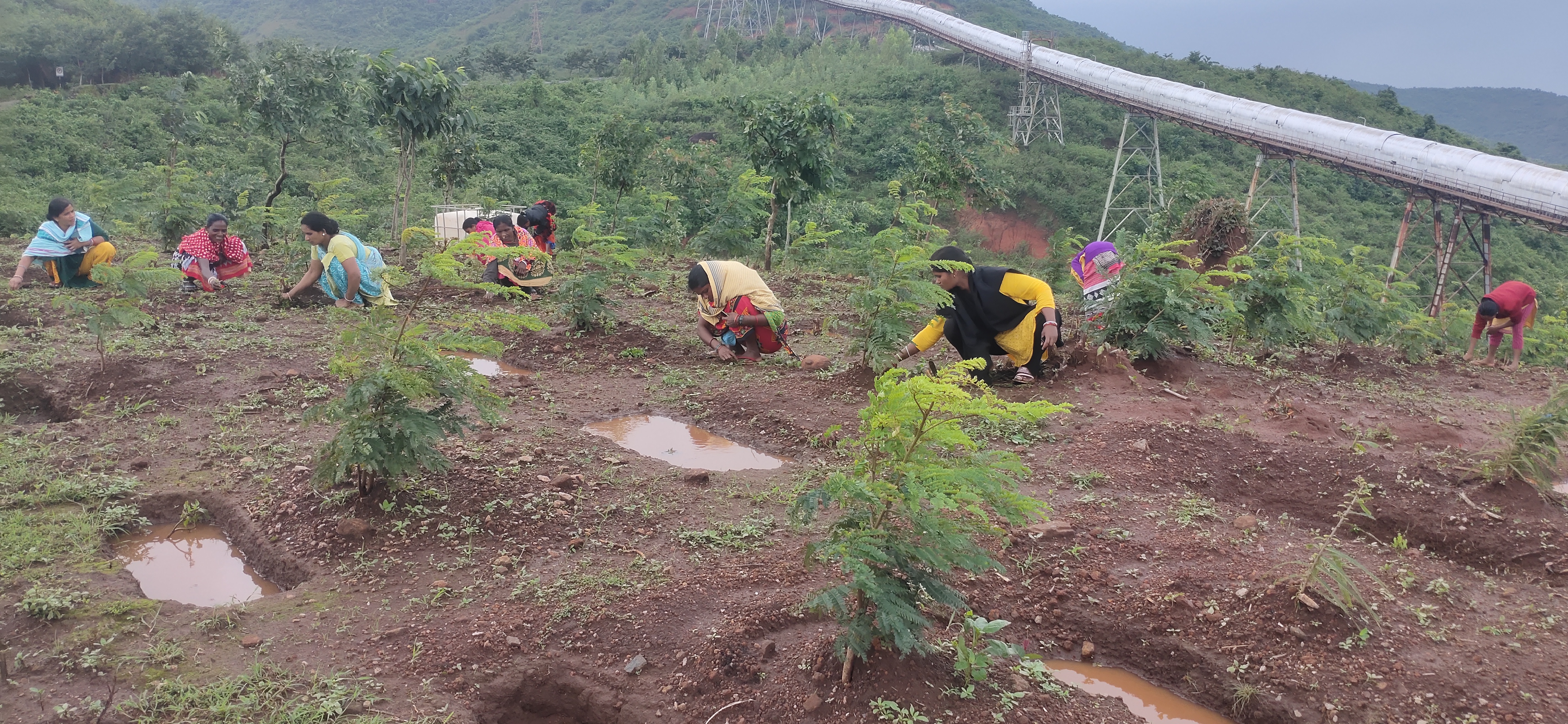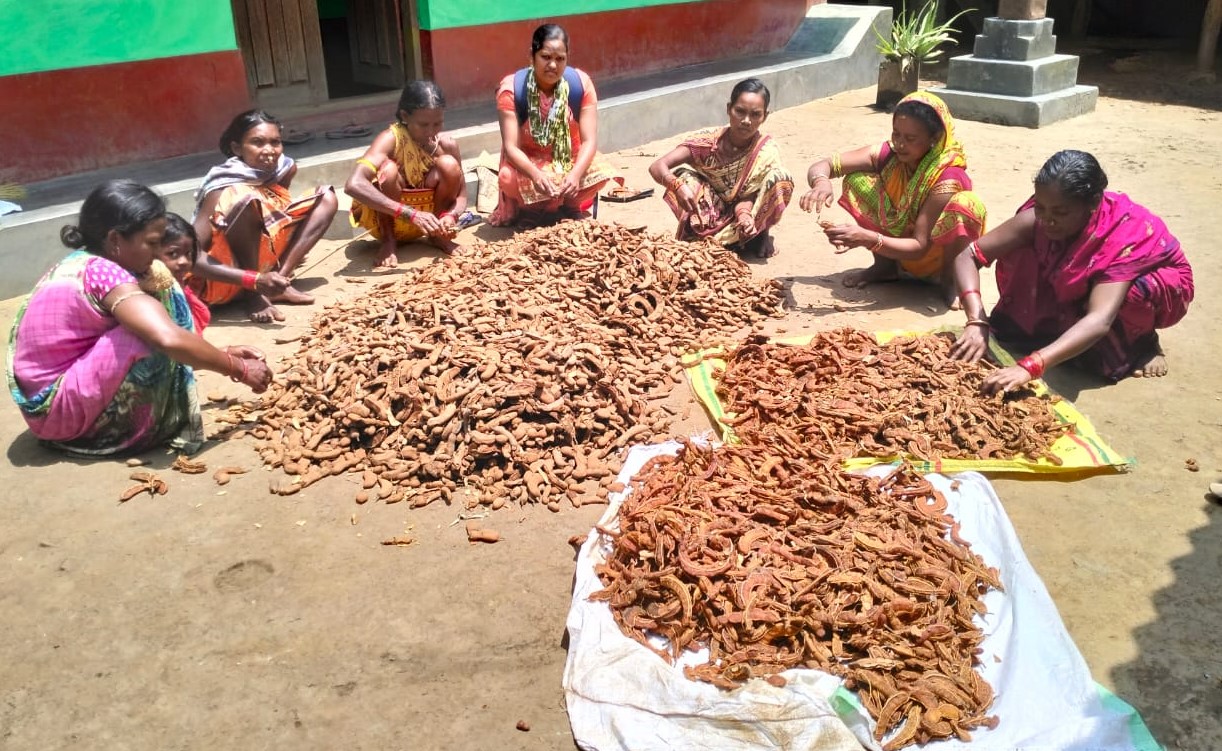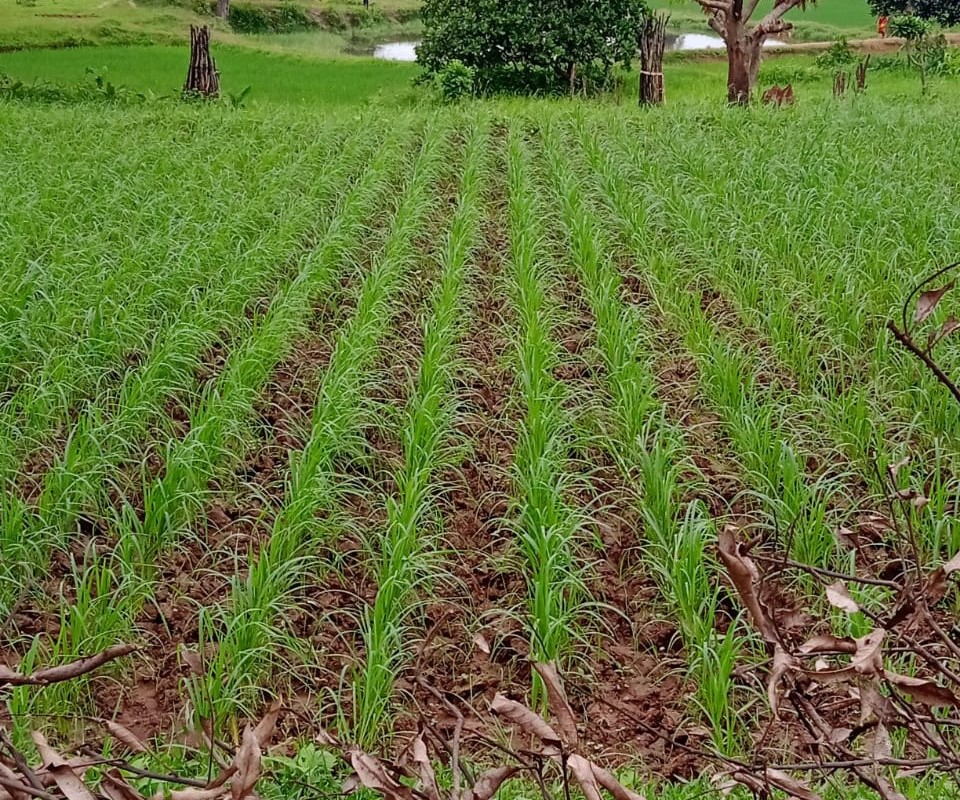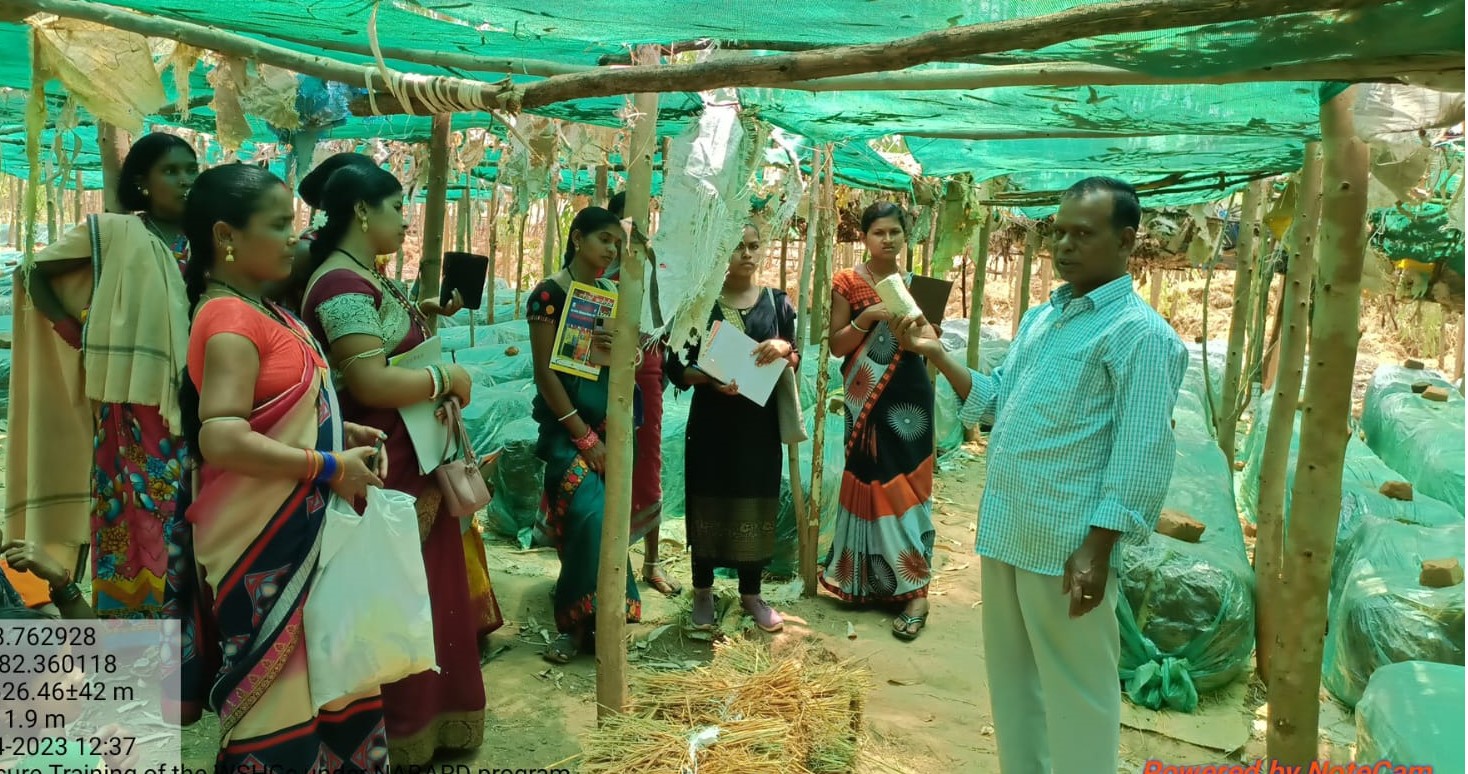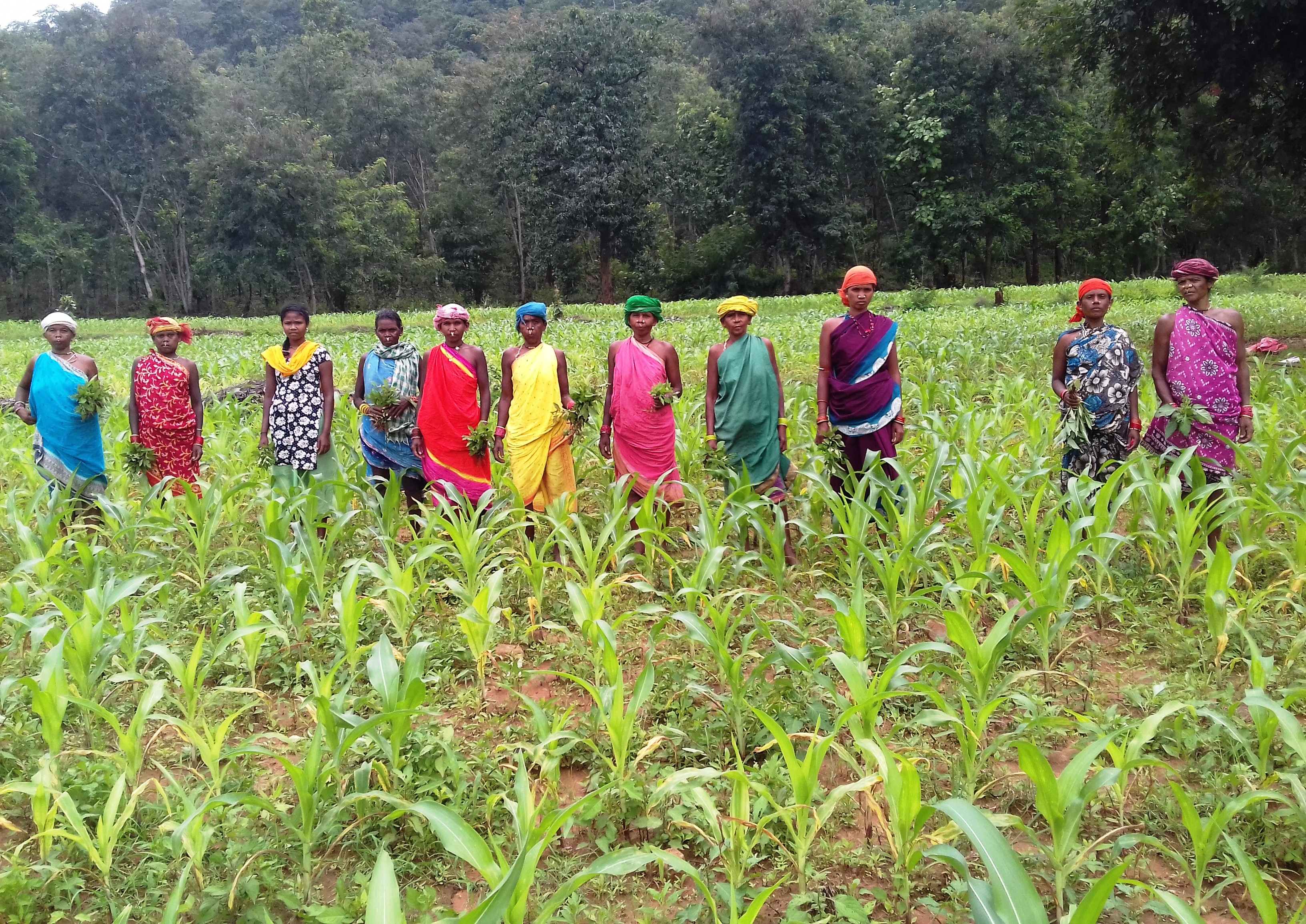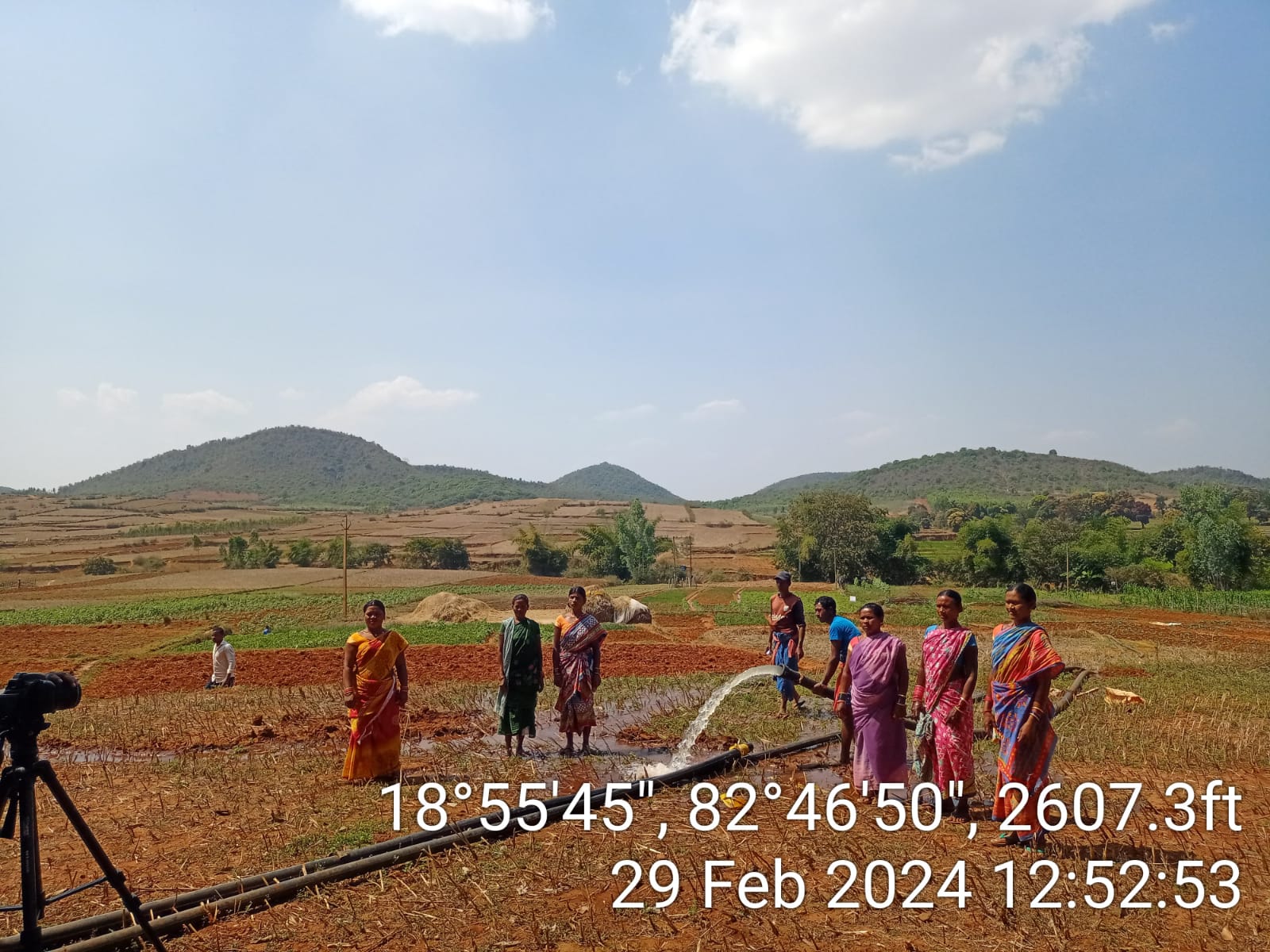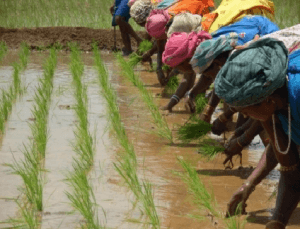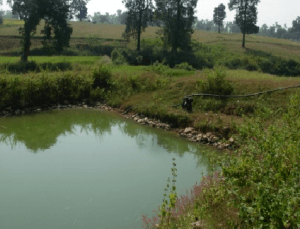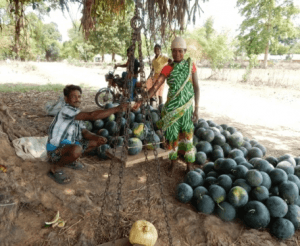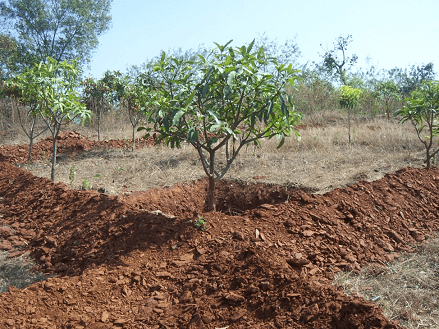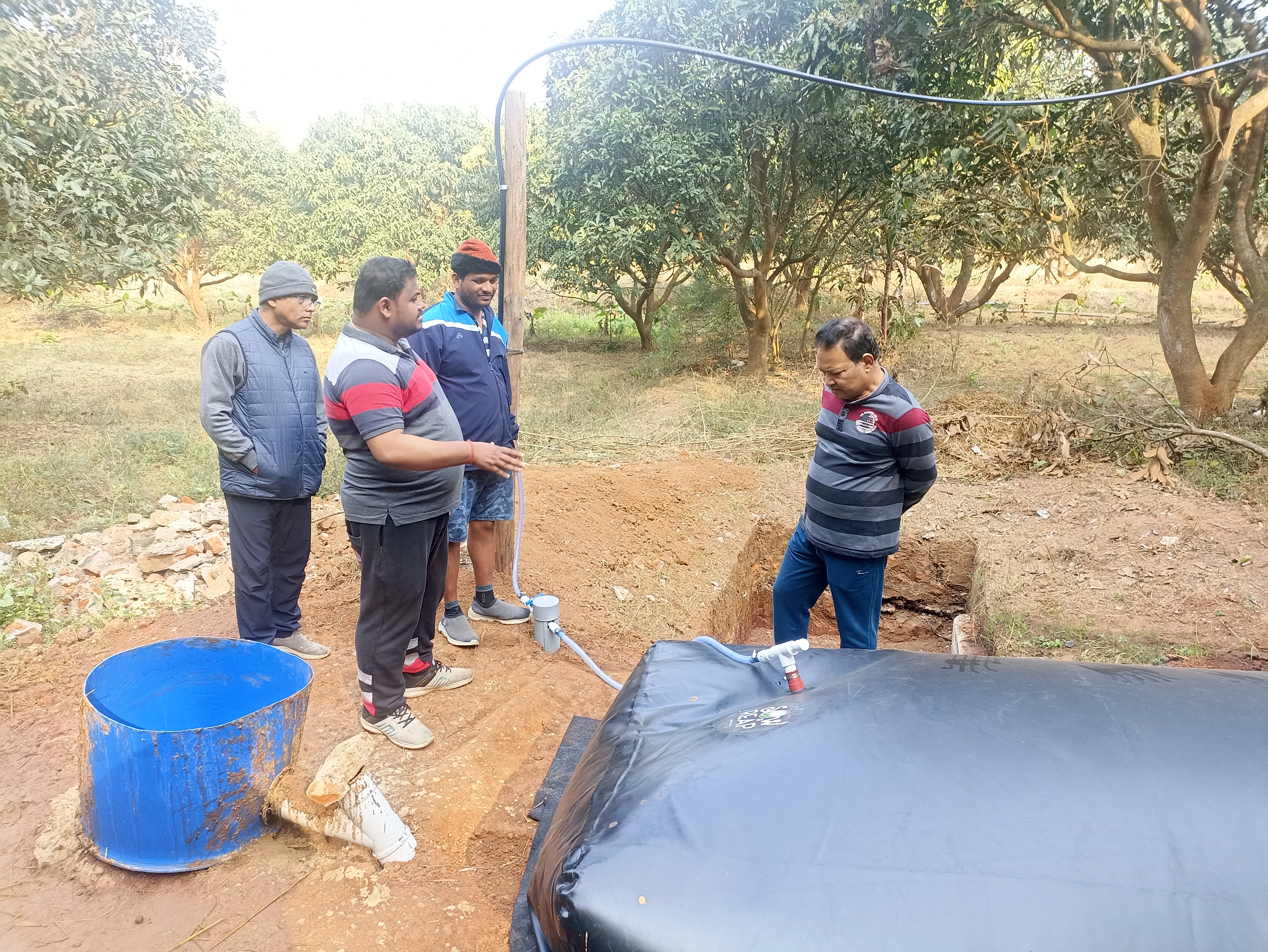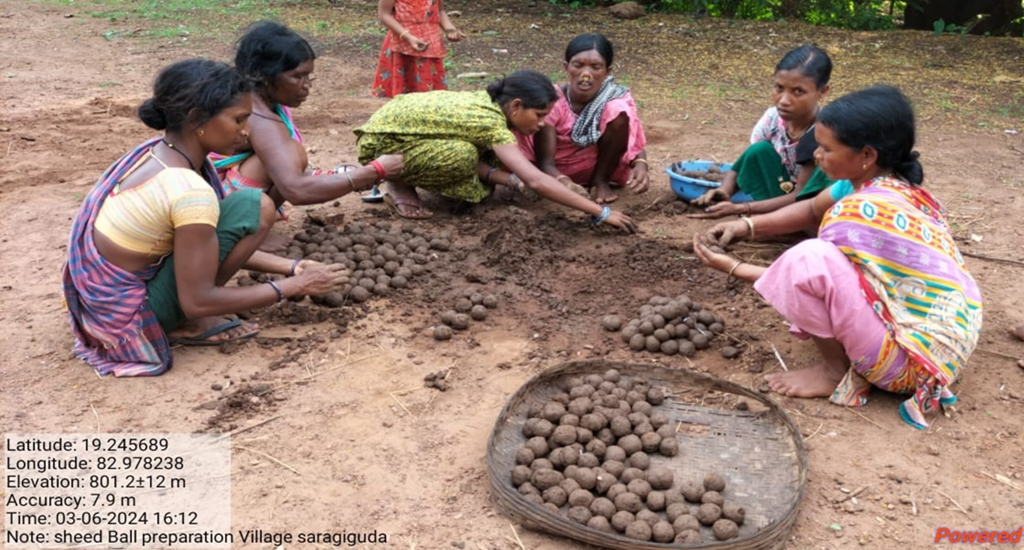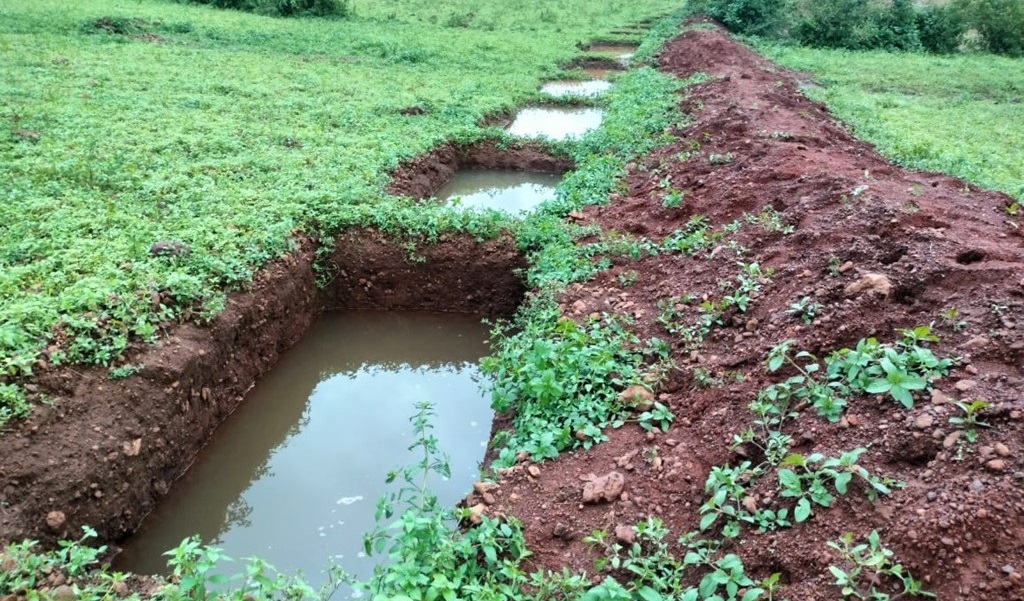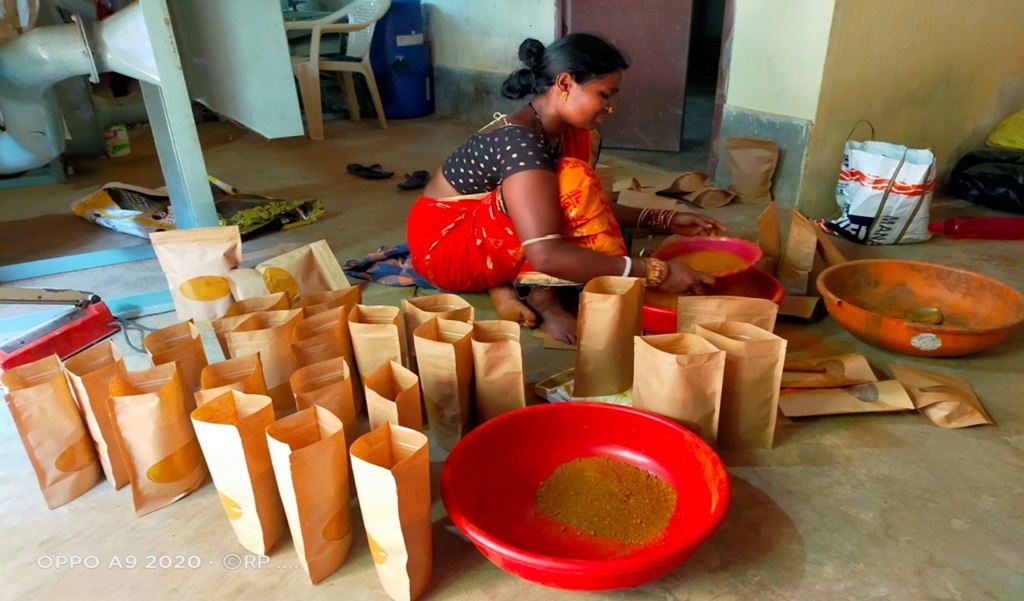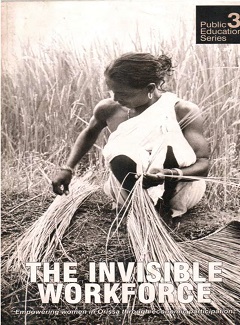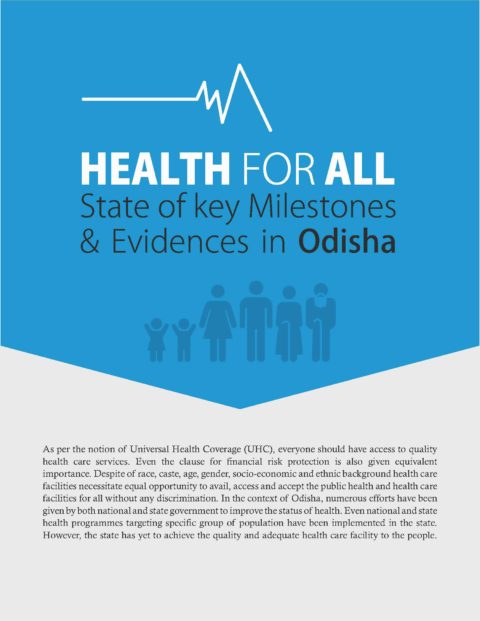CYSD has been working to transition from a productivity-centric approach to ‘Community Food Systems’ focusing on diverse and multi-cropping systems for food security. This shift encompasses various elements including production, processing, distribution and consumption, with an increasing focus on climate-smart agriculture. All along, evidence-based research guides the formulation of for pro-poor policies, and convergence with government programs, private entities, and knowledge centres ensures sustainability. Overall, CYSD’s strategy addresses immediate needs and long-term sustainability for the rural poor, especially in underdeveloped tribal areas of Odisha.
Strategic Interventions
Formation and Capacity Building of Community-Based Institutions
Community-based institutions are the foundation for livelihood interventions, including Self Help Groups, producer groups, and Village Development Committees at the micro watershed level. Additional organizations like Vana Sanrakshana Samiti, Common Interest Groups, User Groups, and SHG federations are also promoted, focusing on empowering women to lead livelihood activities and assert their rights over productive assets. CYSD builds the capacity of these community-based organizations (CBOs) through training on gender sensitization, leadership, infrastructure maintenance, PRI, tribal rights, communications, self-evaluation, group dynamics, grassroots organization management, funds management, and accounts. Training also covers participatory planning, land and water management, agriculture and horticulture development, off-farm activities (poultry, goatery, dairy, pisciculture, duck farming), and vocational skills for unemployed youths, empowering CBOs to implement programs effectively. CYSD’s support also focuses on value addition processes, product collectivization, enterprise promotion, climate-resilient farm practices, production enhancement, technology adoption, and governance structure improvement through better entitlement access.
Enhancing Access to and Sustainable Benefits from Community Resources
CYSD empowers communities on forest, land, and water rights through the Forest Rights Act (FRA), Vasundhara, and Mo Jami Mo Diha initiatives. Care is taken to strengthen community institutions like Forest Rights Committees, Water User Associations, and Van Samrakhyan Samitis, raise awareness of development programs, and build institutional structures at the community and panchayat levels. Additionally, CYSD strives to ensure effective policy implementation to enhance tribal livelihoods and advocates for policies addressing poverty and vulnerability.
Family Based Livelihood Development
In Odisha, 22.13% of the population comprises the Scheduled Tribe (ST) community, whose livelihood is mainly reliant on forest resources, agriculture, and animal husbandry. However, their livelihoods face risks due to traditional implementation strategies, inadequate sustainable local institutions, lack of infrastructure linkages, and incomplete value chain solutions.
The Family-based Livelihoods Development program seeks to enhance the socio-economic status of targeted tribal families, empower them to access benefits from various programs, and implement sustainable livelihood development practices. It also aims to build capacities among tribal youth and promote enterprises at the village level to foster economic growth and resilience within the ST communities.
Optimizing the Value Chain for Rural Products to Benefit the Rural Poor
The organization improves the lower value chain by introducing simple technology, enhancing marketing capacity, and providing business development services. Care is taken to empower local youth and women as value chain actors and entrepreneurs, create market information systems, establish market information boards, set procurement prices, and register traders for non-timber forest products (NTFPs). A great deal of attention is paid to strengthening marketing institutions and infrastructure and creating a multi-actor platform for livelihood planning, boosting household returns, especially in tribal regions.
Enhancing Skills for Improved Youth Employability
CYSD analyses demand and skill gaps in tribal districts to identify in-demand skills and address unemployment through training. They offer vocational training in areas such as nursery raising, medicinal plant cultivation, horticulture, mushroom cultivation, dairy, poultry, pisciculture, beekeeping, NTFP-based livelihoods, food processing, manufacturing building materials, masonry, and carpentry. This training empowers youth to pursue self-employment. CYSD also supports trained youth by helping them prepare business development plans and connect with financial institutions to start their own enterprises.
Strengthening Climate Resilience and Community Initiatives
CYSD promotes climate change adaptation by encouraging the use of indigenous seeds and innovative technologies, such as low water consumption in highland areas and waterlogging resistance in coastal regions. Care is taken to also emphasize the protection and use of forest resources to enhance livelihood resilience for the poor and vulnerable. Additionally, CYSD fosters collective action around natural resources and value chains to reduce transaction costs and share risks at the community level.
Entrepreneurship Development Programme
CYSD promotes entrepreneurship to boost community income, focusing on NTFP and non-farm enterprises like goat farming, duck farming, blacksmithing, vegetable vending, grocery shops, teashops, mushroom farming, incense stick making, and liquid soap preparation. CYSD’s "aggregate marketing model" helps producers realize the commercial value of their products through collective marketing, achieving scale, adding value, and engaging with markets as equal participants.
The organization also promotes collective marketing for NTFP products, sensitizing producer groups on its benefits and regularly sharing market information to help them sell at higher prices. As a result, mango, tamarind, jackfruit, and vegetables are marketed collectively. CYSD is piloting enterprise promotion for medicinal plants like Amla and Tulsi, with linkages to Orissa University of Agriculture and Technology (OUAT) and Tribal Development Cooperative Corporation Ltd. (TDCCOL) for capacity building in NTFP value addition. Care is taken to form tie-ups with private companies for product marketing and facilitating producers' participation in district and state-level events like “PARAB” and “Adivasi Mela” to showcase and sell their products.
Fostering Convergence and Collaboration
CYSD fosters collaborations with government departments to drive integrated livelihood initiatives. Multi-stakeholder consultations at the Gram Panchayat, Block, and District levels explore opportunities with administrations, including ITDAs, ATMA, and departments like Horticulture, Fisheries, Animal Husbandry, and Soil Conservation. These collaborations result in input linkages, capacity building, and durable livelihood assets creation, including irrigation facilities.
These efforts also help upscale programs by converging with flagship initiatives such as MGNREGA, SCA to TSS, State Plan, Jalanidhi-II, Odisha Millets Mission, Integrated Farming Promotion, National Food Security Mission, Rastriya Krishi Vikas Yojana, Odisha Livelihoods Mission, Mission Shakti, Jeevika Mission, PMKSY, and Social Security Schemes.
Policy Engagement for Improved Livelihoods of the Poor, Especially Tribals
CYSD works to implement government policies on tribal access to land and forest products. To this end, the centre conducts studies to better understand key policy issues and champion the rights of the poor and marginalized, especially women.
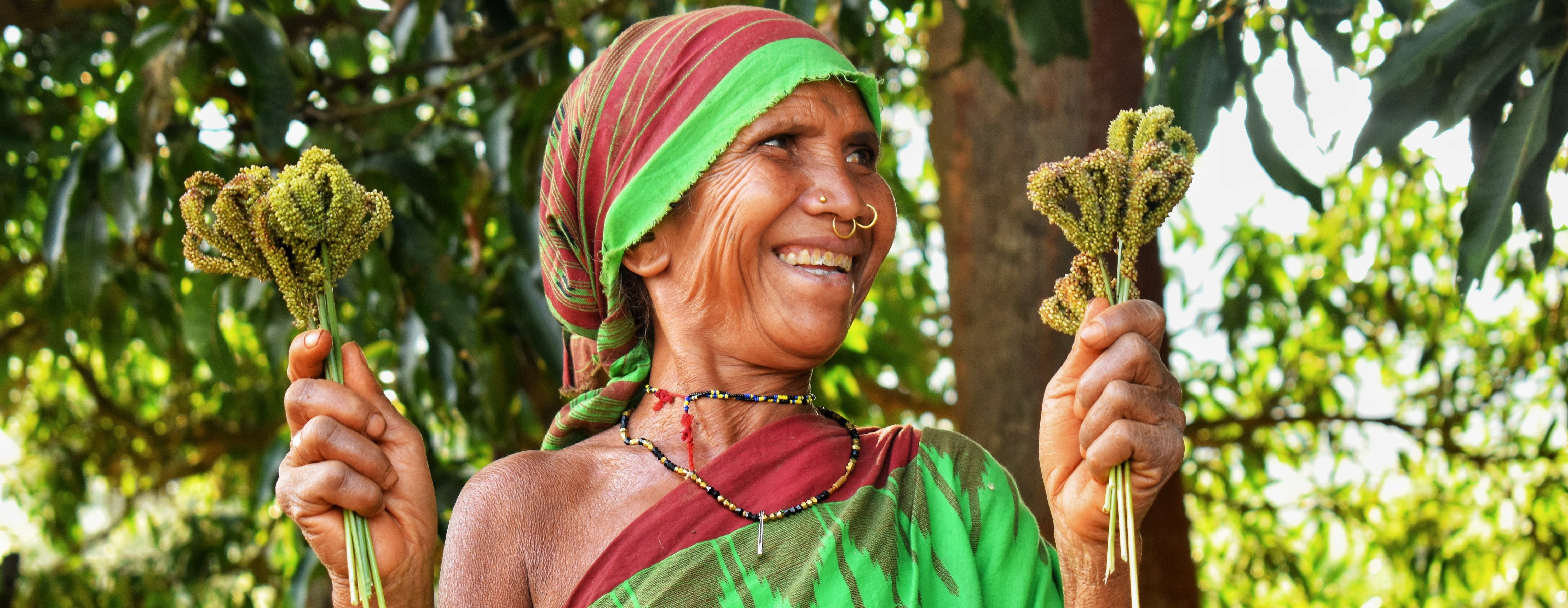
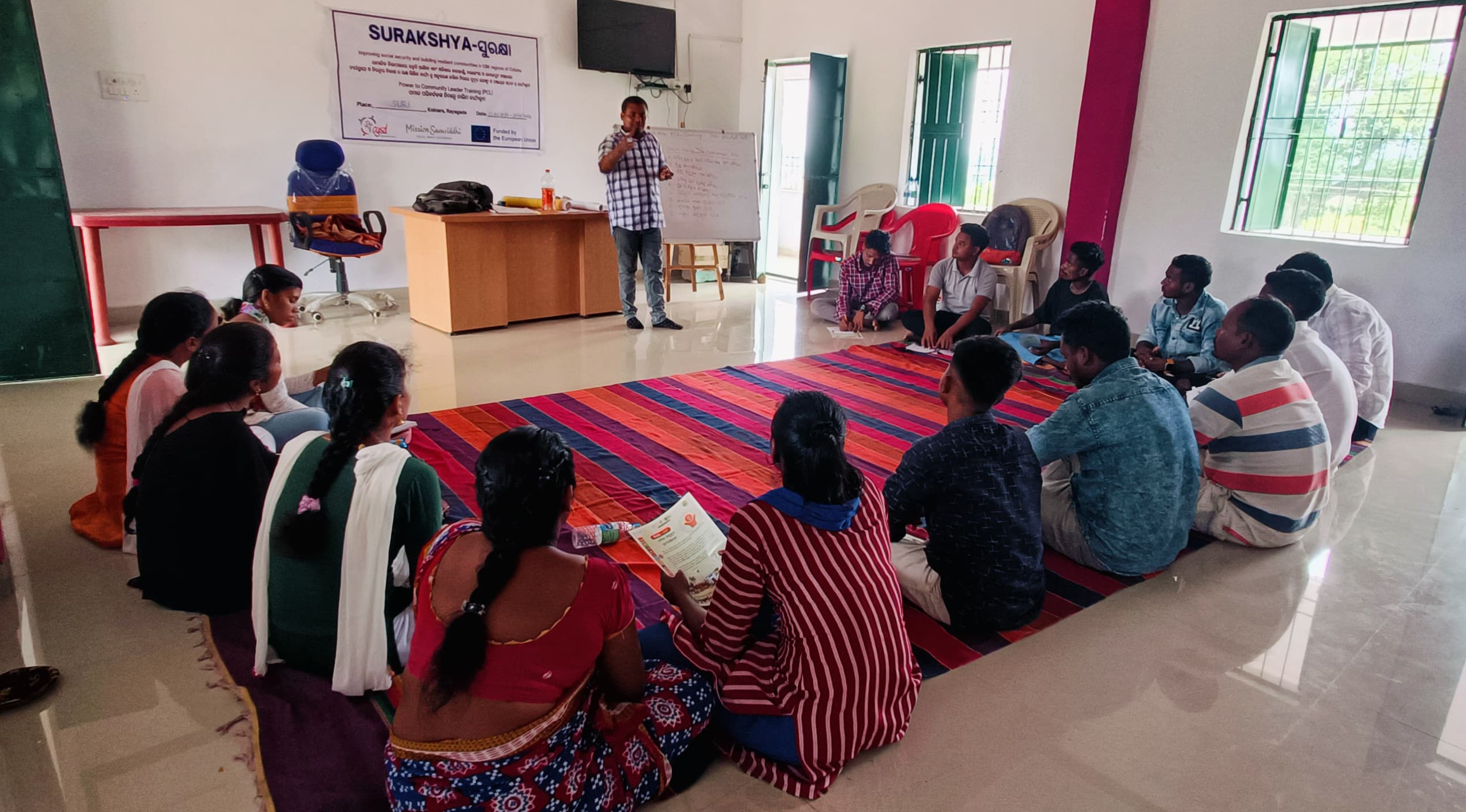
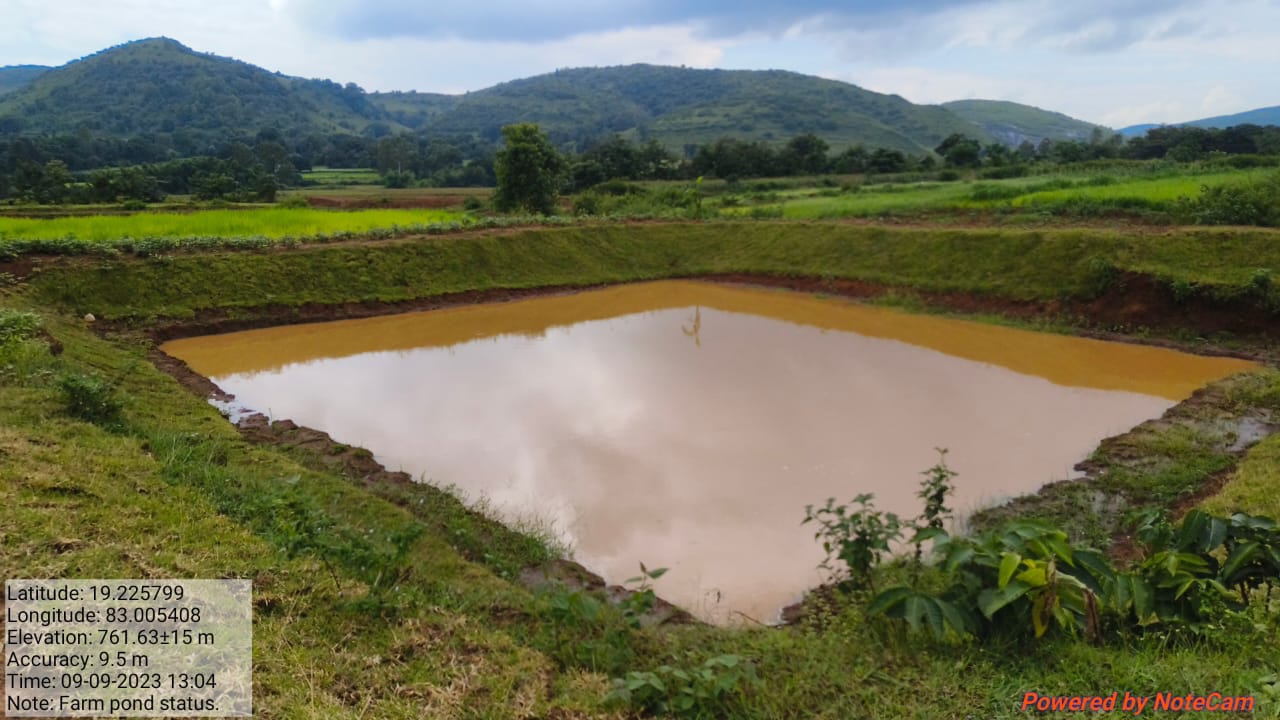
.jpg)
